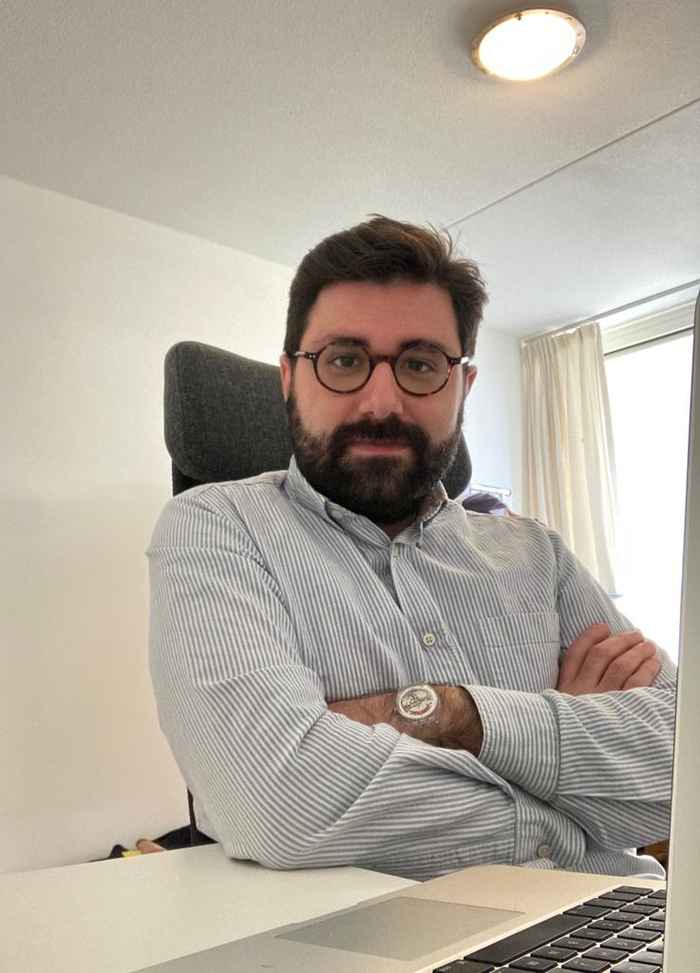New AHM Academic Staff Member: Mario Panico
29 November 2022

During his PhD, obtained at the University of Bologna, Panico worked on the relationship between nostalgia and urban space, focusing in general on the Italian fascist legacy and, in particular, on the birthplace of Benito Mussolini, Predappio. He has published on the relationship between memory theory and monumentality, nostalgia and urban practices, family memories and intersemiotic translation. He is currently working on the Italian translation of two articles by Marianne Hirsch and Leo Spitzer on the relationship between post-memory and nostalgia, and his next monograph will be entitled Nostalgia, Spatial Consolation and Conflict Heritage (Palgrave Macmillan).
For his postdoc at UvA, 'Perpetrators’ Heritage Material Cultures and Imaginaries', he will examine the modes through which different typology of memory sites (birthplace, bunkers, housing around sites of genocides, villas and homes) are indexically connected to the lives and violence of WWII perpetrators, and how these sites thematise and transmit the figure of those who committed violent crimes against humanity. The project aims to propose new ethical reflections on the transmission of 'the memory of evil' and on the category of 'space-as-witness'. He will conduct his research from a transnational perspective, considering sites of memory in Germany, Italy, The Netherlands and Japan.